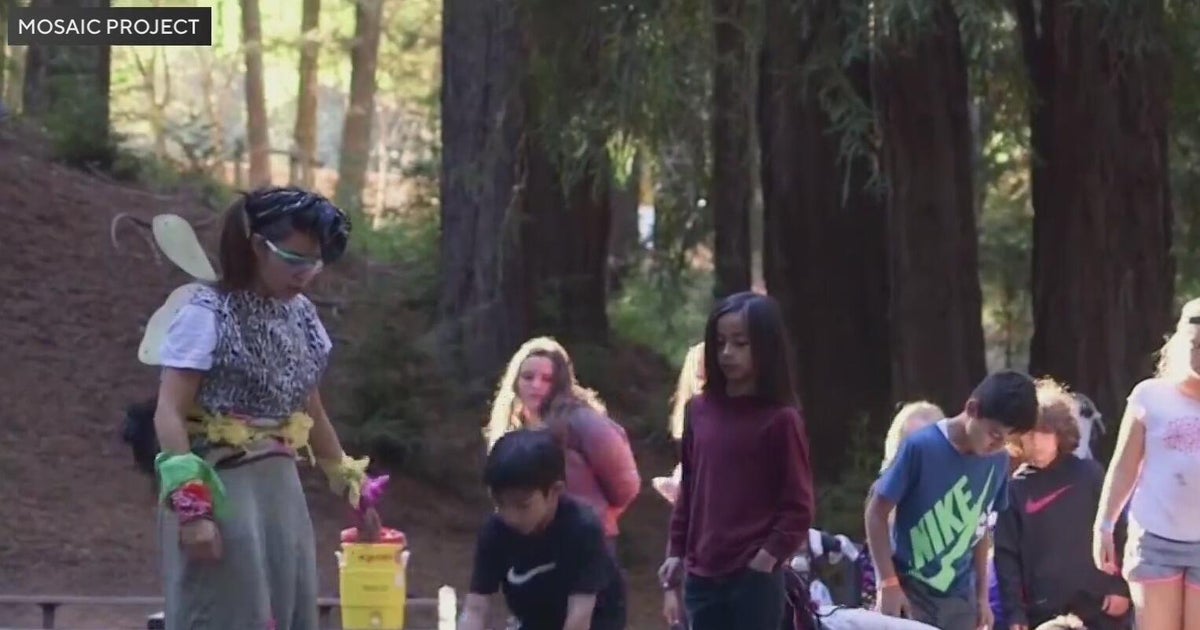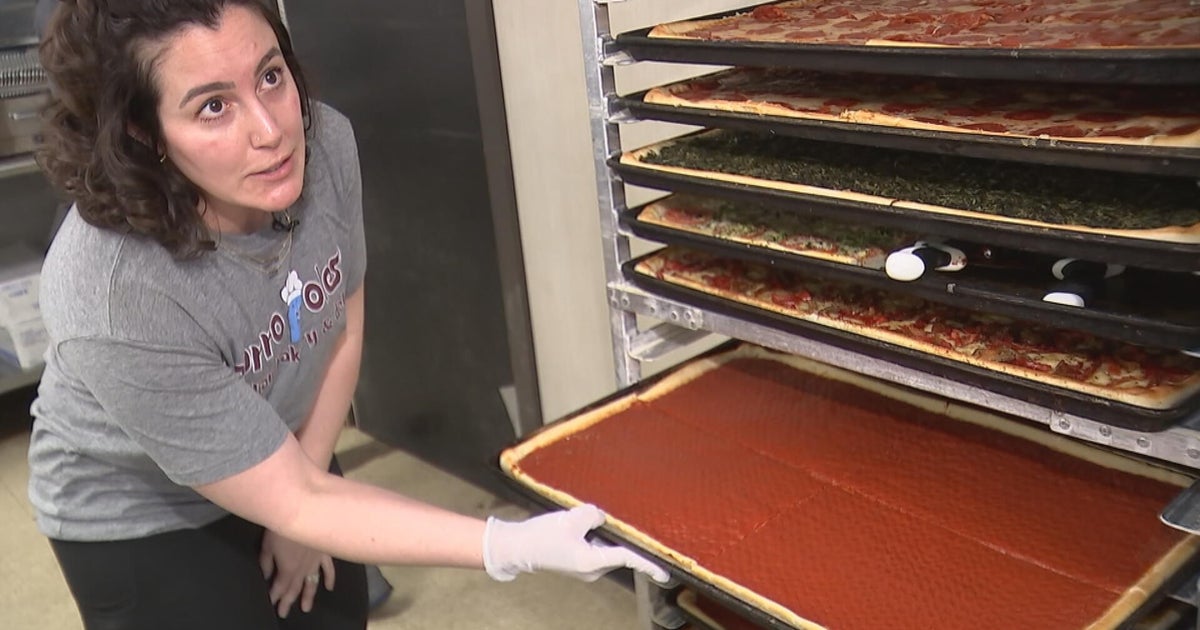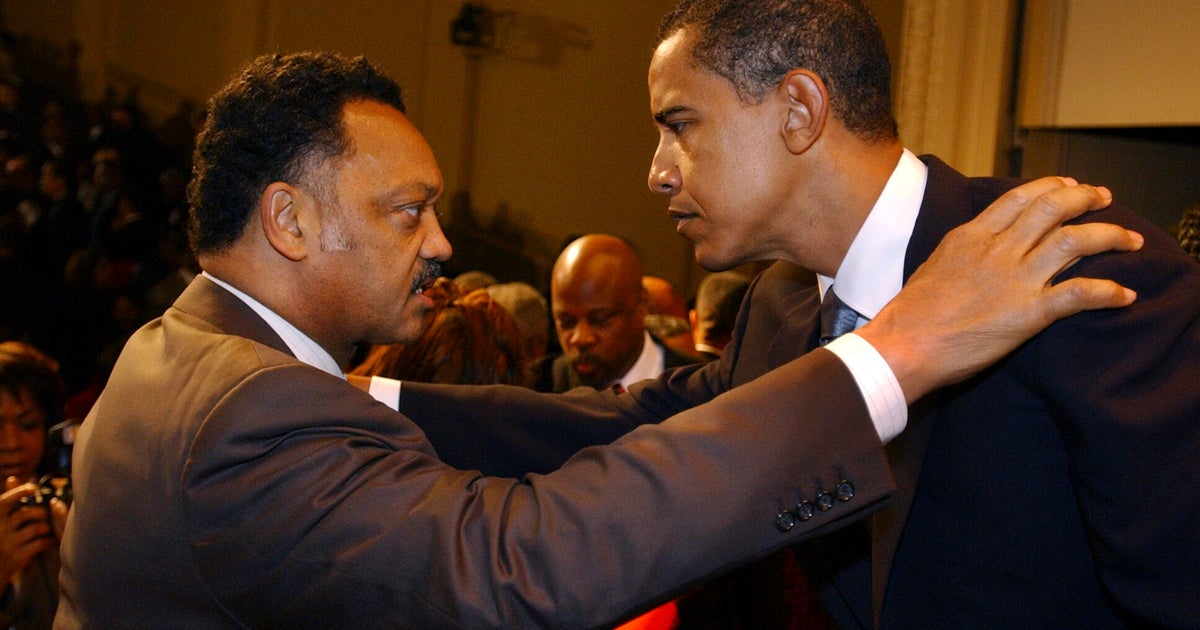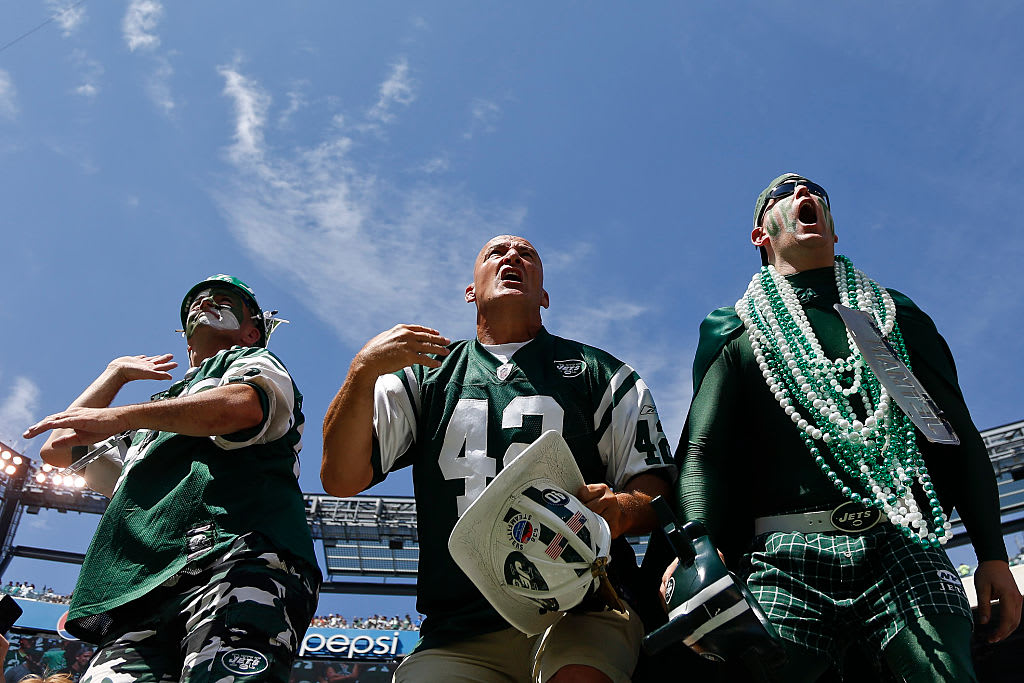The agony and the ecstasy of being a Cubs fan
Maybe it was the allure of Wrigley Field or a rowdy bar scene during games. Or maybe it was knowing that parents and grandparents, cousins and friends had also been faithful supporters, and joining them meant carrying on a personal tradition. Whatever it was, it kept long-suffering fans of the Chicago Cubs loyal for 108 losing years.
As correspondent Bill Whitaker learned, being a Cubs fan wasn't just tallying runs and outs and hoping for a base hit. Being a Cubs fan became a way of life.
"You never give up," Cubs fan Richard Chierico tells Whitaker in the clip above, "and that's a fact of life. And you follow that all through life. So whatever challenge you have in life, as I told my son growing up, 'You're a Cub fan. You don't give up. You don't quit.'"
That perseverance finally paid off in October. This week on 60 Minutes, Whitaker tells the story of how team president Theo Epstein and manager Joe Maddon took the Cubs to their first championship since 1908.
For Cubs fans, it was only a matter of time.
"We knew someday they would do it," Dorothy Farrell says.
John and Cheryl Bergthold were so confident in the Cubs that they sold their belongings and moved from the south suburbs to downtown Chicago, just so they could be within walking distance to Wrigley Field.
But it was at Progressive Field in Cleveland where history would be made. It was game 7 of the World Series, and the Cubs had given up a 3-run lead over the Cleveland Indians. By the end of 9 innings, the score was tied at 6. Then, the heavens opened up, dropping rain too hard and too steady to play baseball.
"It had to go that way," says Cubs fan Mark Cacchione. "It really had to go that way. They had to give up the lead late. They had to win it late. They had to have that rain delay. They had to make us wait and hope just a little bit more."
For Cacchione, winning the World Series meant more than just ending a championship drought. It meant honoring his father, a huge fan who had passed away a couple years prior. It meant memories of watching the games with his grandfather on Sundays after church. It meant taking his kids to the game and creating a new generation of Cubs fans.
"It all just culminates in that one moment," he says in the clip above.
To celebrate the Cubs' victory, Cacchione mixed up a batch of his family's signature drink and brought it to the cemetery, where he toasted his parents and grandparents at their gravesites.
"And that's when there's crying in baseball," says Cubs fan Mary Beth Talhami. "Not when they lose, when they win."
For Cubs owner Tom Ricketts, winning the World Series lifted a burden.
"When it was finally over, it was just relief," he tells Whitaker in the clip above.
Ricketts knows how much time, energy, patience, and commitment it took to get to the championship moment, not just from his team, but also from the fans.
"This is 108 years of frustration that gets taken off of this fan base," he says. "And it was just great to be a little part of delivering that."
As Ricketts tells Whitaker in the clip above, he was acquainted with being a fan well before he owned the team. He says he used to attend every weekend game at Wrigley Field, where he would sit in the front row of center field.
"And sitting next to us was a bunch of girls. In that group was my future wife," Ricketts says.
Today, he frequently returns to the bleachers during games. He says it's helpful for him to interact with the fans who sustained him and believed in him through years of losing seasons.
Now at every home game, Ricketts gets a dozen baseballs printed with the date and the team matchup. Then he goes to the bleachers and the upper deck and hands the baseballs to the youngest Cubs fans.
"It's a great way to be out in the crowd," he says.
Arguably the most important baseball for the Cubs, however, is the ball first baseman Anthony Rizzo caught to make the final out in the bottom of the 10th, handing the championship to the Cubs. The ball is, as Whitaker describes it, "an instant treasure."
So what did Rizzo do with it?
"At the parade, I gave the ball back to Mr. Ricketts who rightfully deserves it," he tells Whitaker in the clip above. "It's a monumental ball to all Chicago Cubs fans that hopefully is on display one day for everyone to see that this is the final out that clinched us winning the World Series."
Rizzo says he turned down a lot of money for the memento. Its value is its meaning, which Rizzo says is more about the city of Chicago and the Ricketts family.
But is it really the game-winning baseball?
"You know, to me it is," Ricketts says. "I think it's going to be treated as the real ball."



